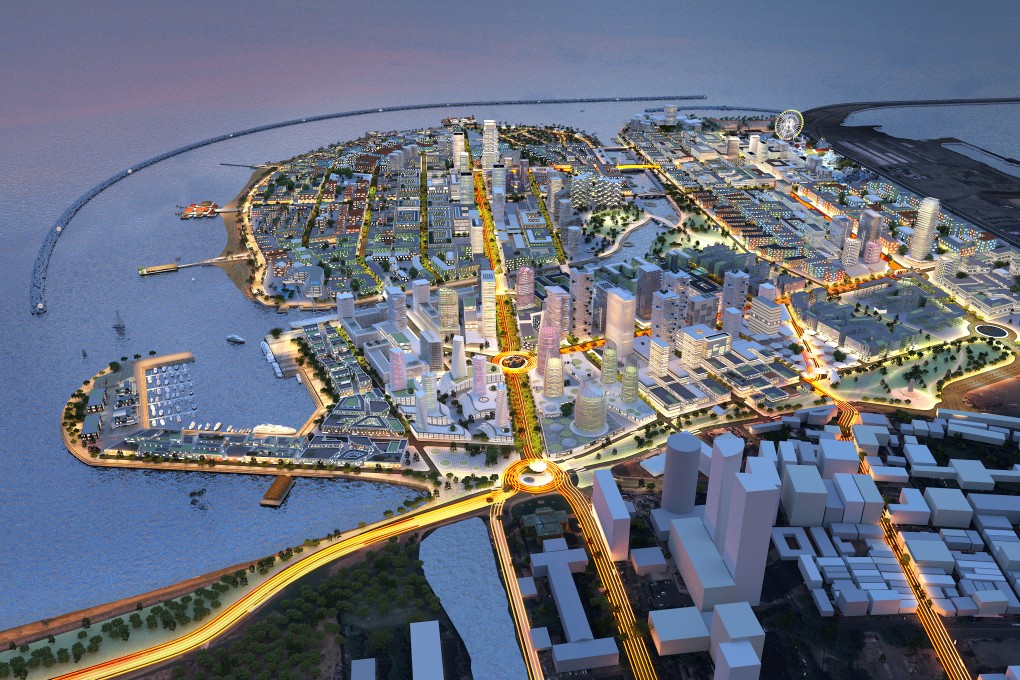War of words between Chinese firm and Sri Lanka escalates over Colombo Port City
The war of words over the stalled Colombo Port City project escalated yesterday as China Communications Construction Company (CCCC) called the Sri Lankan government’s recent statement on the matter “factually incorrect”.

The war of words over the stalled Colombo Port City project escalated yesterday as China Communications Construction Company (CCCC) called the Sri Lankan government’s recent statement on the matter “factually incorrect”.
Finance Minister Ravi Karunanayake had told the South China Morning Post on Friday that CCCC had failed to furnish the necessary documents within the two-week deadline set for it by the government.
The new government in Colombo that came to power in January put Port City, a giant real estate reclamation project off the capital, on hold earlier this month alleging irregularities. The government, which maintains CCCC had not obtained the requisite clearance to start the project, gave it two weeks to show all necessary documents to prove otherwise.
“CCCC, upon being issued the temporary suspension of the project via a letter on March 6, 2015 by the Government of Sri Lanka, reiterates that it responded within two working days with all relevant approvals and permits afforded to the Project Company,” the company said in a statement to the Post yesterday.
“They run full-page advertisements in newspapers justifying their actions, but when we tell them to submit documents, they draw a blank,” Karunanayake had said in his interview.
CCCC, upon being issued the temporary suspension of the project via a letter on March 6, 2015 by the Government of Sri Lanka, reiterates that it responded within two working days with all relevant approvals and permits afforded to the Project Company
The company reiterated that according to its agreement with the previous government, “the obligation to obtain the necessary permits and approvals for the project is with the Sri Lankan Government and not the Project Company”.